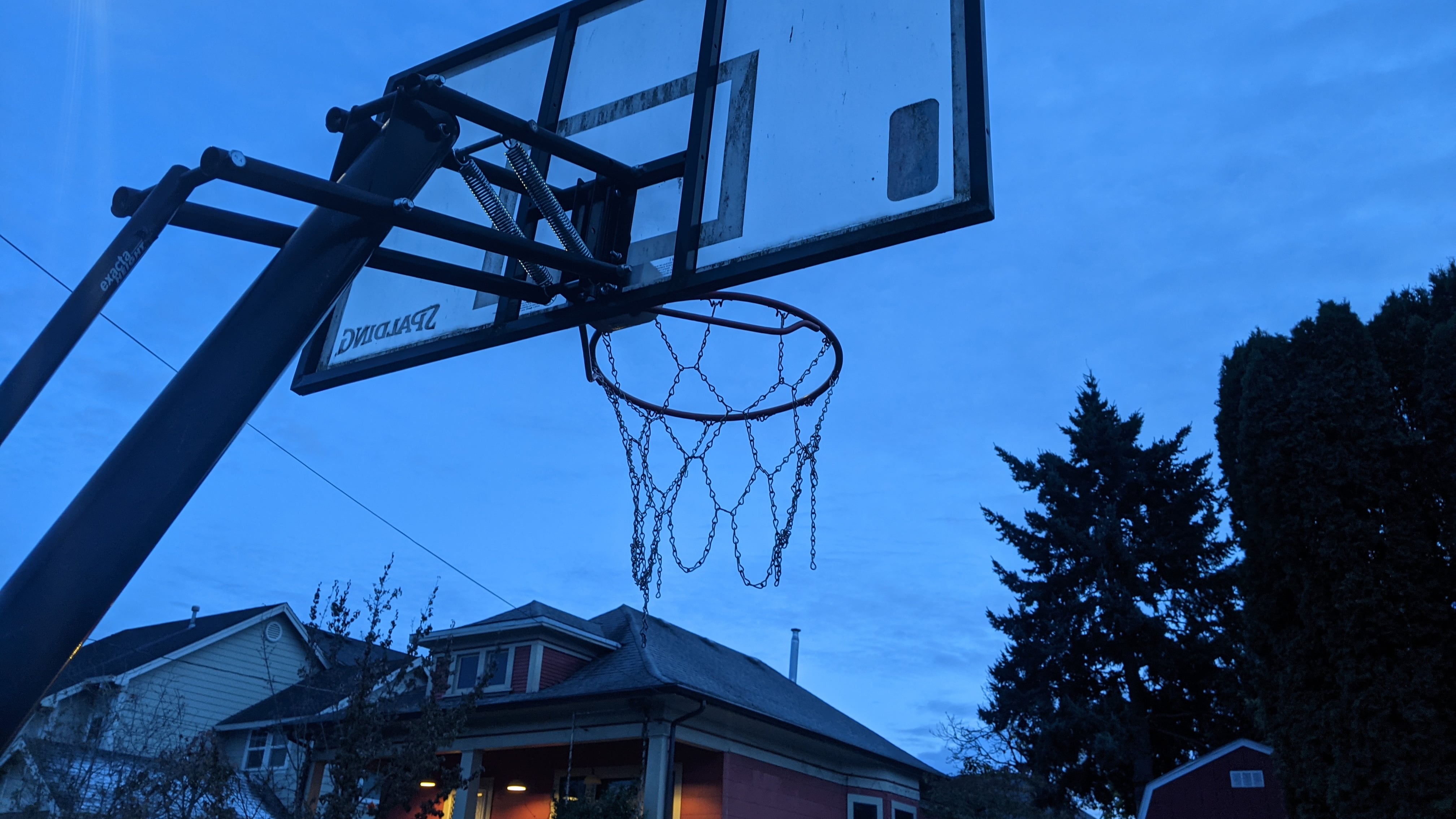Before we talk about Trail Blazers executive Neil Olshey, who has by several accounts been a very unpleasant man while not winning as many basketball games as Portlanders might prefer, let’s talk about Bill Belichick.
Recently, for work, I read ESPN writer Seth Wickersham’s lengthy history of the New England Patriots’ dynastic run at the top of the NFL, “It’s Better to Be Feared: The New England Patriots Dynasty and the Pursuit of Greatness.” The star of the story is Bill Belichick, the team’s pantomathic coach, an all-world maladroit who generally starts working at 4:30 in the morning, nurses grudges that would embarrass Michael Jordan, regards manners or human kindness with a deep and profound indifference, and fosters a workplace environment that could be charitably be described as “psychotic.”
Belichick habitually underpays his coaches so he can reward them with little mushed-up balls of cash whenever they do anything good. He nearly gets in a fistfight with an old assistant coach at a league event. He pressures his underlings into helping him spy on his opponents. He is a sentient football lump, touched not by the divinity of genius, but by a single-minded obsession with process, a nonstop builder who is driven as the beaver, by the rushing waters of The NFL Season, totally undiverted by concern about his employees’ feelings.
In Belichick’s first head coaching job, with the Cleveland Browns, he fell off pretty quick, because no one could stand him. Great assistant, they said, but just too weird to sit in the big boy’s chair. When the Patriots hired him, it seemed like it would probably go the same way.
But, through the whims of fate, the team drafted the one quarterback as obsessed with incremental process as he is, and their twin devotion to grinding ended up hardwiring the culture and making Belichick’s deeply toxic personality into normal work shit. Winning, and the single-minded devotion to winning that permeates the culture of professional sports, was the balm that kept everyone from declaring mutiny.
I write all this to say that a toxic workplace environment is not an unprecedented quantity in professional sports. Most of the people involved are deeply needy, driven people, workaholics who invest way, WAY too much of their emotional well-being in a fucking game, and that environment can be a little…uhh…unbalanced.
But the system usually has a regulator: winning and losing. If you fuck up, if the teams loses or falters, the fact that you’re a huge prick becomes a sticking point that gets you shuttled out the door nice and quick (see Karl, George). But if you win, everyone learns to adjust to your toxicity. A friendly sports reporter might even be willing to reframe it as an essential quality of your success.
When team owner Paul Allen died in 2018, the Portland Trail Blazers lost their regulator. Neil Olshey, the team’s general manager, has since then presided over a series of steadily declining, mismatched rosters, publicly blamed literally anyone but himself for the team’s declining fortunes, wasted Damian Lillard’s prime, engineered a clumsy, maleficent coach hiring, all while, as it turns out, maybe fostering the kind of shitty work environment that just doesn’t fly when your team is pitting out in the middle of the standings every year.
Normally, Olshey would have been fried chicken before we even got to the point where we’re hearing about the toxic work environment he has created in Portland. But the team’s ownership situation has been in limbo for the past three years, ostensibly owned by Jody Allen, Paul’s sister, but, really, perpetually on the market, waiting for a new billionaire to come in and take over the squad so they can do the all important job of Sports Owner in the Great City of Portland (that is: complaining that the stadium is too old and threatening to move the team to Seattle if the city doesn’t stuff handfuls of cash into their pockets). In the chaos of the transition, Olshey fixed himself up with a fat contract extension, making him a difficult asset to jettison if you’re looking to sell the team without any outstanding debts to general managers who were once aspiring soap opera actors.
Which brings us to the news flash that Olshey has allegedly been yelling at subordinates (and reporters) for the past 10 years.
With nature’s role stalled on behalf of asset considerations, someone or someones in the front office has/have decided to take matters into their own hands. If the team was good, if the vibes around the office were buoyed by some tangible success or a roster that made even a little sense, I suspect we wouldn’t be hearing shit. Olshey would be confronted internally, told to be a good boy, and he would acquiesce for a while, until it happened again and he was put in his place again.
We’re a little short on details as of now (unless you’re a huge Dan Dickau fan), but they’ll bleed out once O’Melveny & Myers, the white-shoe law firm the Blazers have hired to investigate Olshey, have wrapped up their work and made a call on whether keeping him around is worth it.
If they say to ax him, expect a report from organizational sources letting everyone know how wise they were. If it doesn’t work, feast your eyes on a barrage of gossip that will make him look even worse.
I will wait to hear about The Truth or Some Version of It before I condemn Olshey as a human being. But considering the lack of control he has exhibited over his decision making and culture building, an approach on and off the court that is idiosyncratic to the point of neurosis, I can’t say I’m terribly surprised that people think working with him isn’t worth it.
